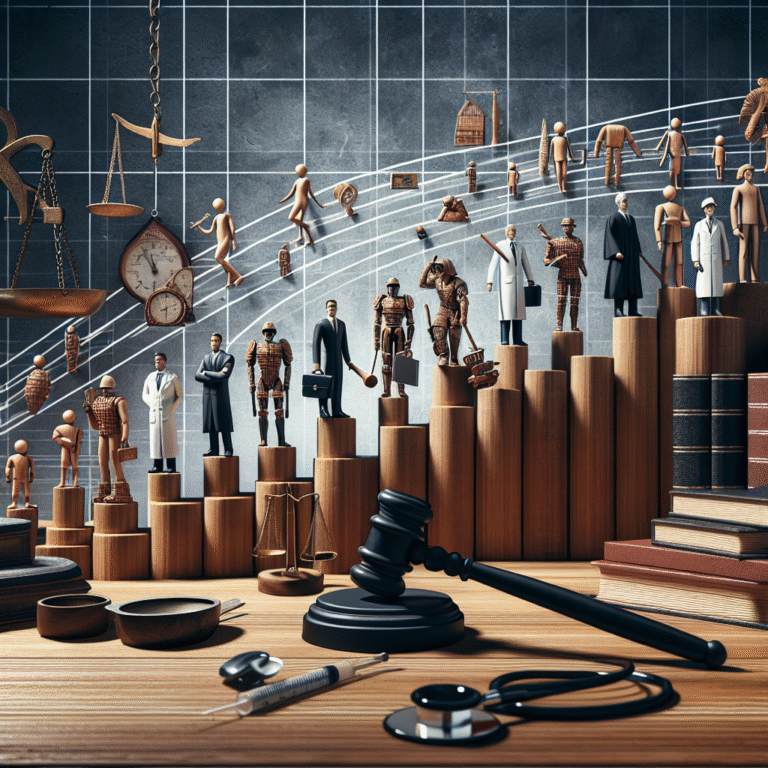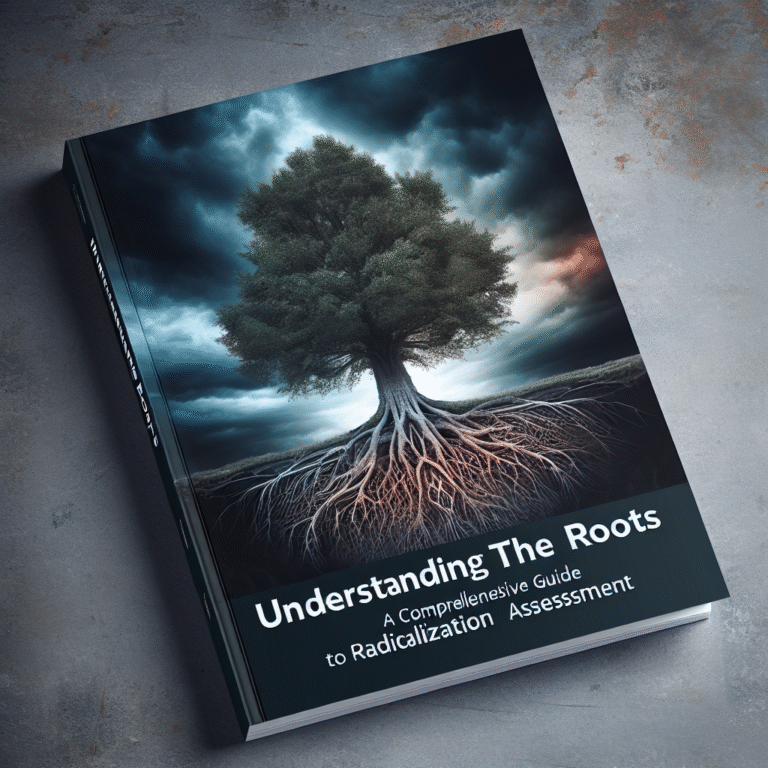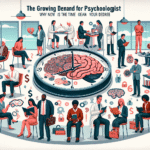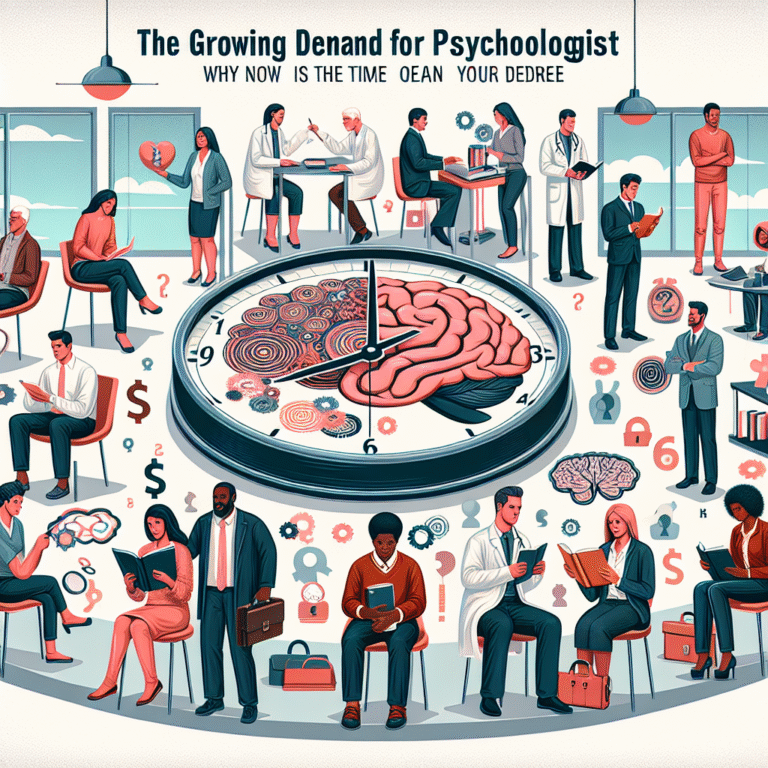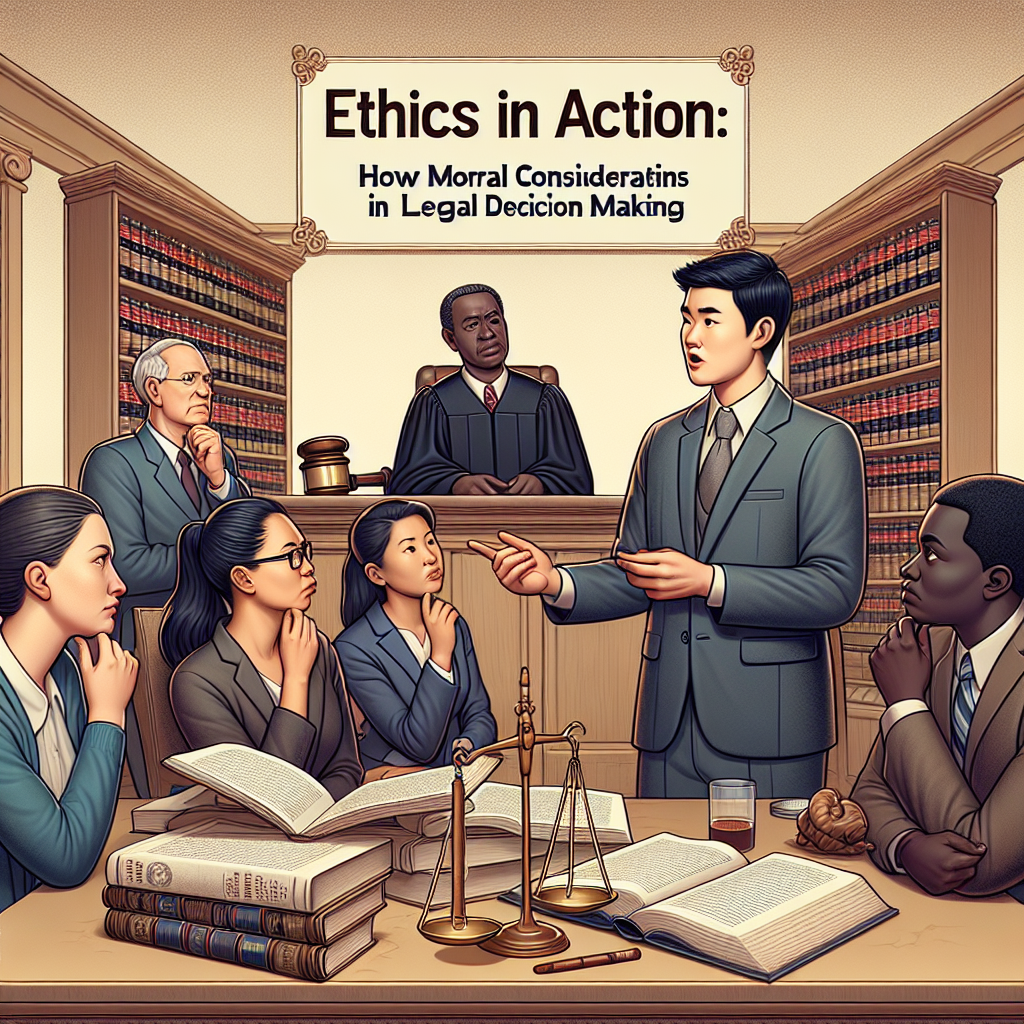
Introduction
In a world increasingly dominated by legal statutes and regulatory frameworks, a crucial, albeit often silent force actively shapes the landscape of judicial outcomes: ethics. Ethics in Action: How Moral Considerations Influence Legal Decision Making examines the intricate dance between law and morality, reminding us that behind every courtroom verdict lies a complex interplay of ethical judgments. This article seeks to illuminate the profound impact that moral considerations have on legal decision-making, exploring case studies, insights, and practical applications that reveal how ethics incessantly breathes life into the cold letters of law.
The significance of this topic cannot be overstated. As we grapple with issues ranging from corporate malpractice to criminal justice reform, understanding the role ethics plays in these legal decisions becomes vital. Ethics doesn’t merely serve as a foundation upon which laws are built; it also acts as a compass guiding judges and lawmakers in their pursuit of justice.
The Intersection of Law and Morality
Whether we like it or not, our laws are infused with ethical values that reflect societal norms. Varying conceptions of justice fuel debates among legislators, judges, and advocates alike. The ethical principles that influence legal decision-making often evolve alongside societal change, making it essential to consider how these dynamics affect outcomes in real-world scenarios.
The Historical Lens
Historically, moral philosophy has informed the creation of law. From the Ten Commandments to Hammurabi’s Code, legal systems have always been deeply intertwined with moral stipulations. The social contract theories proposed by philosophers like John Locke and Jean-Jacques Rousseau laid the groundwork for modern legal concepts centered around individual rights, equity, and justice.
Contemporary Legal Philosophies
Ethics in Action: How Moral Considerations Influence Legal Decision Making necessitates an exploration of contemporary legal theories such as Natural Law, Legal Positivism, and Critical Legal Studies.
- Natural Law posits that law is inherently linked to moral principles, arguing that unjust laws are not true laws.
- Legal Positivism takes a more rigid stance, arguing that laws are valid as long as they stem from legitimate authority, irrespective of their moral implications.
- Critical Legal Studies challenges these notions, insisting that laws are a social construct shaped by power dynamics.
Ethical Dilemmas in Legal Contexts
Legal professionals frequently face ethical dilemmas that reflect the broader social and moral questions of their time. You’ve likely heard of the phrase, "law is not always justice," exemplifying the discomfort that arises when legal proceedings clash with societal values.
Case Studies Illustrating Ethics in Action
Case Study 1: The Nuremberg Trials
In the aftermath of WWII, the Nuremberg Trials provided a classic example of Ethics in Action: How Moral Considerations Influence Legal Decision Making. Here, traditional legal standards were challenged as the international community grappled with defining accountability for wartime atrocities.
Relevance
The judgments delivered were not just about adhering to existing laws but were significantly influenced by moral imperatives to prevent future genocides. Ultimately, this case reflects how ethical considerations served as a driving force behind legally binding decisions.
Case Study 2: Roe v. Wade
The landmark Supreme Court case of Roe v. Wade illustrates the contentious intersection of law and ethics surrounding reproductive rights. The decision hinged on varying beliefs regarding the moral status of the fetus versus a woman’s right to choose.
Relevance
This case illustrates how deeply held ethical beliefs can influence judicial outcomes, showcasing the role of moral considerations in shaping legal precedents that continue to spark debate.
Case Study 3: Brown v. Board of Education
This monumental case speaks to the moral imperatives that often guide legal decision-making. The Supreme Court’s unanimous ruling to declare segregation in public schools unconstitutional was rooted in ethical beliefs about equality and justice.
Relevance
It is a shining example of Ethics in Action: How Moral Considerations Influence Legal Decision Making, emphasizing that legal rulings may resonate with evolving moral standards, leading to significant societal changes.
The Role of Legal Professionals in Ethical Decision-Making
Legal professionals play an integral role in navigating ethical dilemmas. Attorneys, judges, and legal advisors must often mediate between strict legal adherence and moral imperatives. Within legal practice, law firms frequently develop ethical guidelines to govern behavior among their staff, significantly impacting their reputation and the outcomes of cases.
Common Ethical Dilemmas
- Conflicts of Interest
- Client Confidentiality
- Misrepresentation
Tools for Ethical Decision-Making
- Legal Codes of Conduct
- Ethics Training Programs
- Peer Review Systems
These tools foster a morally conscious legal environment, enhancing trust and integrity in the justice system.
How Ethical Frameworks Influence Legal Outcomes
Deontological Ethics
Rooted in Immanuel Kant’s philosophy, deontological ethics emphasizes duty and adherence to moral rules. Legal professionals often find such frameworks valuable in guiding their decisions, especially in ambiguous situations.
Utilitarianism
On the contrary, utilitarianism seeks the greatest good for the greatest number. This consequentialist approach can lead to differing legal interpretations depending on its application.
Table: Ethical Frameworks in Legal Decision Making
| Ethical Framework | Description | Application in Law |
|---|---|---|
| Deontological | Focuses on rules and duties | Upholding client confidentiality |
| Utilitarian | Seeks the greatest good for the largest number | Public policies that prioritize community welfare |
The Impact of Culture on Ethical Decision-Making
Cultural backgrounds significantly affect moral reasoning and, subsequently, legal judgments. As globalization increases, the legal profession must grapple with varying ethical standards rooted in cultural beliefs.
Case Study: International Business Regulations
In international corporate law, ethical discrepancies arise when companies operate in different countries. Practices considered acceptable in one nation may not be viewed the same way in another, posing dilemmas for multinational corporations.
Analysis
This case highlights Ethics in Action: How Moral Considerations Influence Legal Decision Making on a global scale, illustrating the need for a more nuanced understanding of ethics across different jurisdictions.
Future Trends in Legal Ethics
As technology and social attitudes evolve, so too will the ethical considerations that influence legal decision-making. Artificial Intelligence (AI) and big data will raise new moral questions as they become increasingly integrated into judicial processes.
The Role of Technology
Legal tech solutions now streamline processes, but concerns about bias in algorithms and data privacy present ethical dilemmas that require careful consideration.
Conclusion
Throughout this exploration of Ethics in Action: How Moral Considerations Influence Legal Decision Making, it becomes evident that the relationship between law and ethics is inextricable. Legal practitioners are not merely interpreters of the law; they are also stewards of moral judgment who navigate complex landscapes rife with dilemmas requiring nuanced thinking.
Inspiring change and advocating for justice requires us to embrace ethical considerations actively. We must engage in dialogue aimed at bridging the gaps between legal frameworks and moral imperatives, ensuring that our pursuit of justice remains unwavering.
Call to Action
As readers, you can contribute to this conversation by advocating for ethical considerations in your local legal frameworks and encouraging transparency in the judicial process. When law and ethics align, we pave the way for a more just society.
FAQs
1. What is the primary role of ethics in legal decision-making?
Ethics guide legal professionals in making sensitive decisions that uphold the principles of justice, fairness, and integrity.
2. Can laws be considered moral if they are enforced?
Not always. Laws can exist without a moral basis, but ethical considerations ideally inform just laws to promote fairness.
3. How do cultural differences affect legal ethics?
Cultural norms shape moral beliefs, resulting in varying ethical standards that may conflict in international legal processes.
4. Are there universally accepted ethical standards in the legal profession?
Many standards exist within specific jurisdictions and professional organizations, but universally accepted ethics can remain subjective and context-dependent.
5. How can legal professionals balance ethics with client interests?
By adhering to established ethical guidelines, engaging in continuous education, and fostering an open dialogue about moral considerations, legal professionals can work toward a balanced approach.
markdown
This document reflects a comprehensive analysis of Ethics in Action: How Moral Considerations Influence Legal Decision Making. Future considerations and trends underscore the necessity for continual adaptation to maintain ethical integrity in evolving fields.






